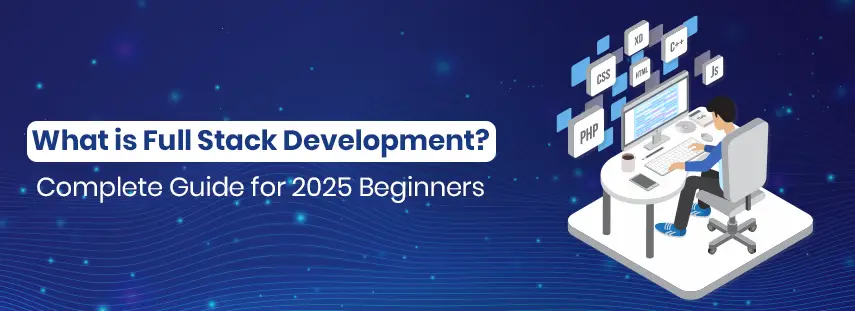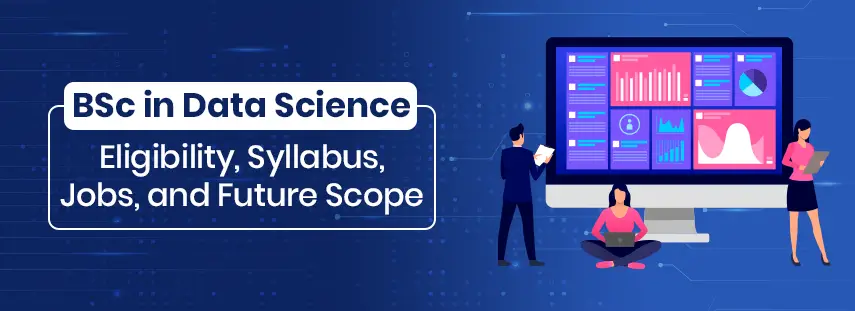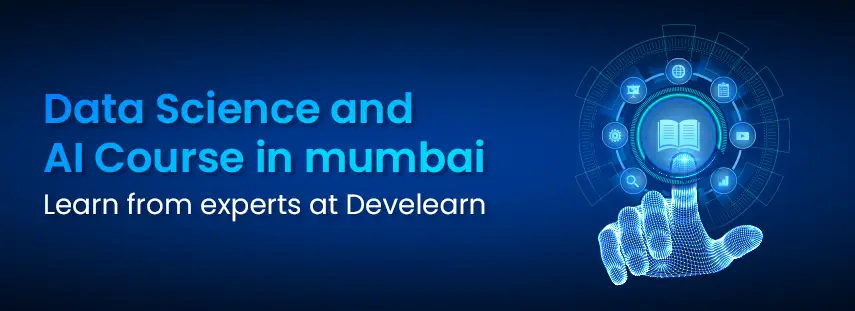Join As Students, Leave As Professionals.
Develearn is the best institute in Mumbai, a perfect place to upgrade your skills and get yourself to the next level. Enroll now, grow with us and get hired.

Data Analyst Course After 12th – Fees, Duration & Placement
Looking for a Data Analyst Course in Mumbai after 12th? Learn Data Analytics with hands-on training, affordable fees, and placement assistance at DeveLearn Institute.
DeveLearn Technologies
3 minutes
May 20, 2024
Loading content...




